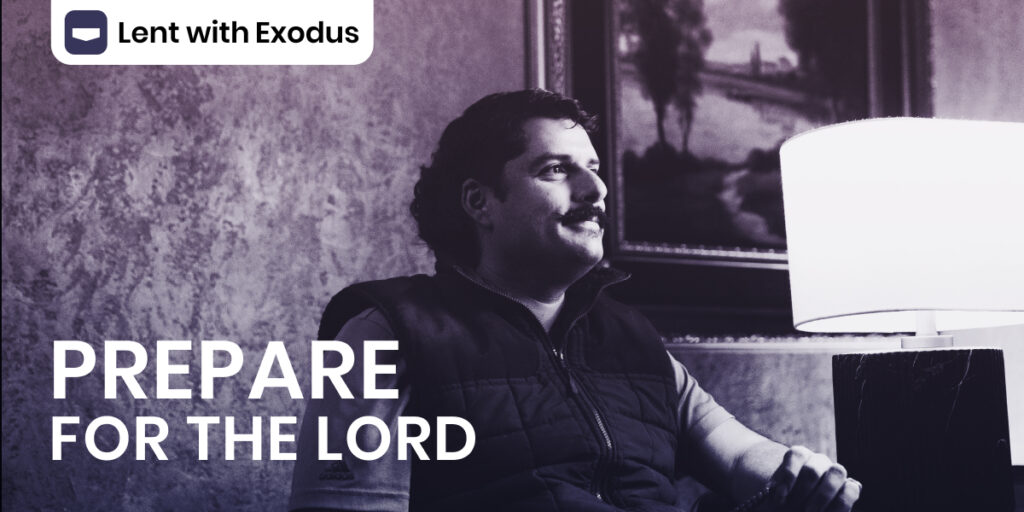Be the renewal.
Do you want to see change in the Church and world? Rather than standing by and waiting around for things to happen, we need to begin the work of renewal in our own souls and hearts.
There is no greater contribution we can make than to cultivate our own personal holiness through prayer, fasting, and almsgiving this Lent.

NEW this year for Lent!
- Brand-New Scriptures, Reflections, and Disciplines crafted to help you enter into Lent and prepare to live as Sons of the Resurrection this Easter Season
- Listen to Audio Reflections every day on the app
- Find a local fraternity near you with our new Community feature
- Weekly conversations with a Benedictine monk, Fr. Boniface Hicks, who is our Spiritual Guide for Lent.
- Check-in and chat with your fraternity with updated features to support greater accompaniment and accountability
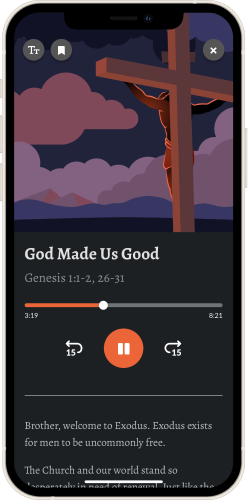
What to expect
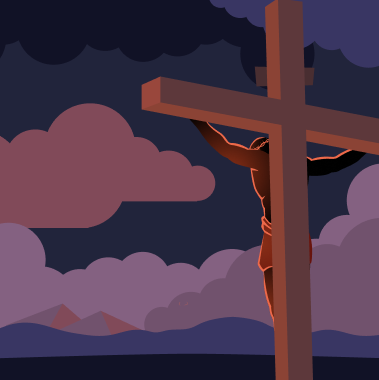
Lent with Exodus
Brand-New Scriptures, Reflections, & Disciplines, Weekly Conversations with Fr. Boniface Hicks, New Community Feature to find local fraternities, and daily Check-In Feature.
Find a community
Hundreds of Exodus Communities are popping up all over the U.S.! Click the map to find a nearby community you can join today!
Since 2015, more than 100,000 men have found uncommon freedom.
99%
Men who make an exodus report a greater level of freedom than they’ve ever experienced before. That’s bleach-level satisfaction rates, here.
6%
Only 6% of Exodus men report a recurring issue with the overuse of their smartphone after completing Exodus 90.
86+
Men in over 86 countries around the world have made an Exodus. In fact, we’ve translated the Exodus 90 text into multiple languages for 2024.
Daily Readings
You’ll read a passage from the Book of Exodus each day of Exodus 90.

Daily Check-ins


New Every Day
New readings and reflections auto-populate your home tab each day.


Audio Reflections
Listen to the day’s reflection on your way to work!
Find a Community near you!

Parishes, Newman Centers, Workplaces and other locations serve as a great way to find an Exodus community!
The Bulletin
Announce upcoming fraternity outings and more!

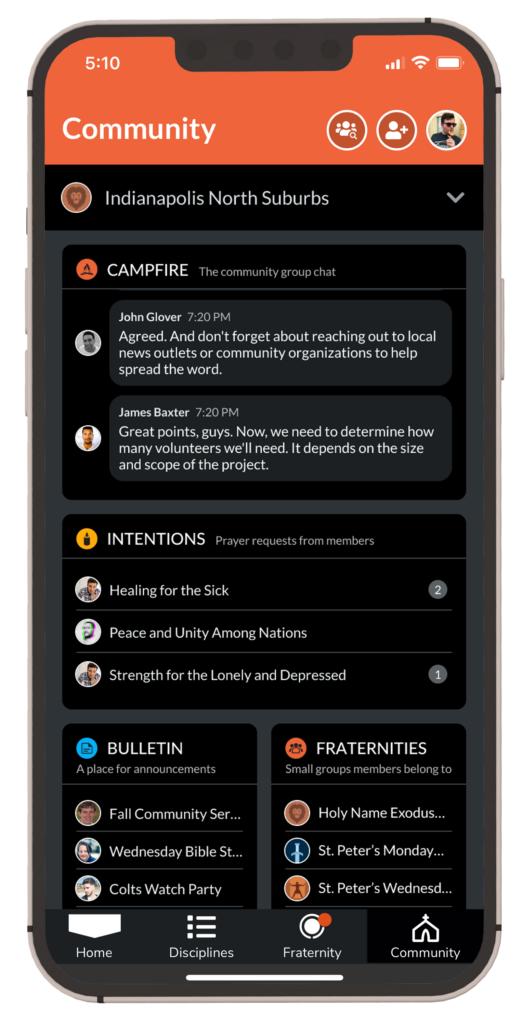
Share With the Community
The Fireside chat serves as a chance to share with the entire community.


Prayer Intentions
Need support? List your prayer intentions here for your brothers to pray with you.
Dark Screen Mode

Use dark screen mode to read the day’s reading and reflection
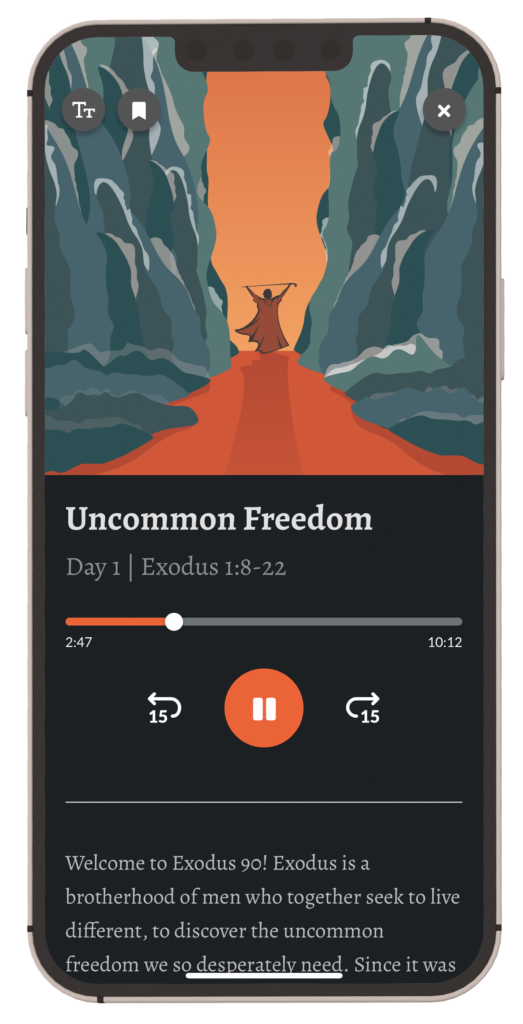
New Every Day
New readings and reflections auto-populate your home tab each day.


Listen on the App
Press ‘play’ and listen to the reading and reflection on your morning commute!
Try free for 14 days
Best Value • Save 25%
Plus
$90 / year
($7.50 / mo)
14-day free trial
Basic
$10 / month
14-day free trial
Men save $300 on average by limiting non-essential spending. Scan here to download the app:


